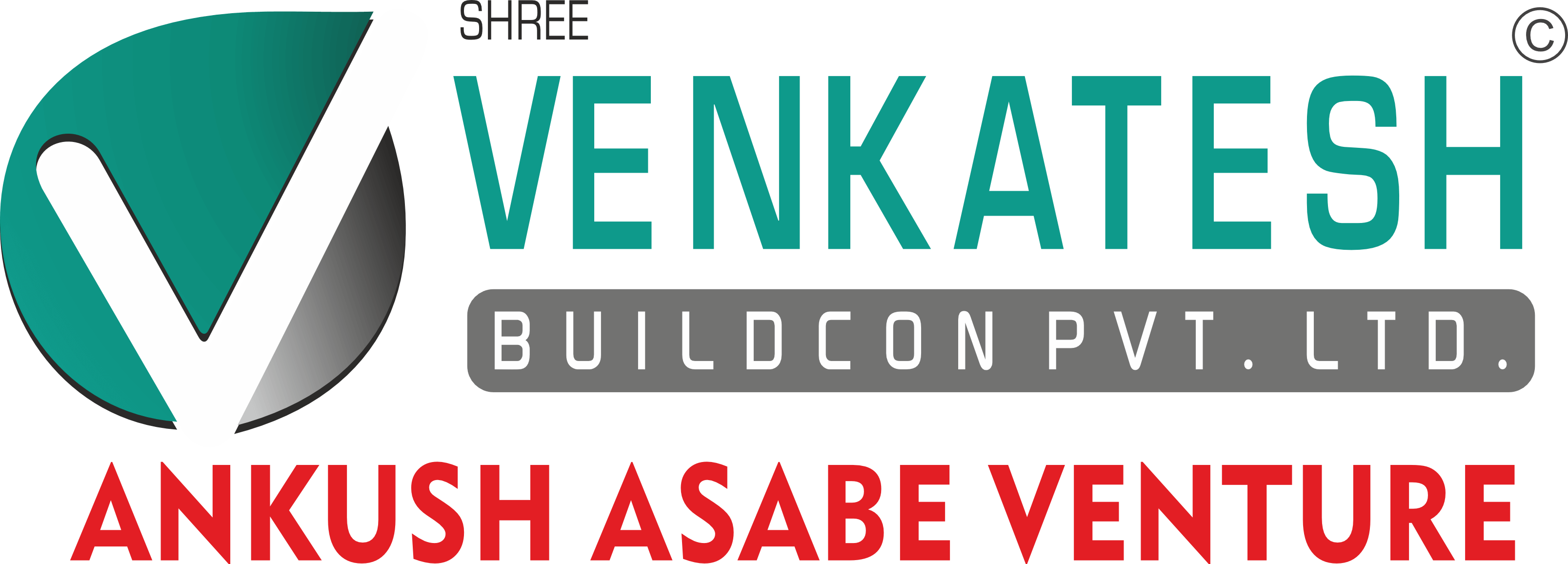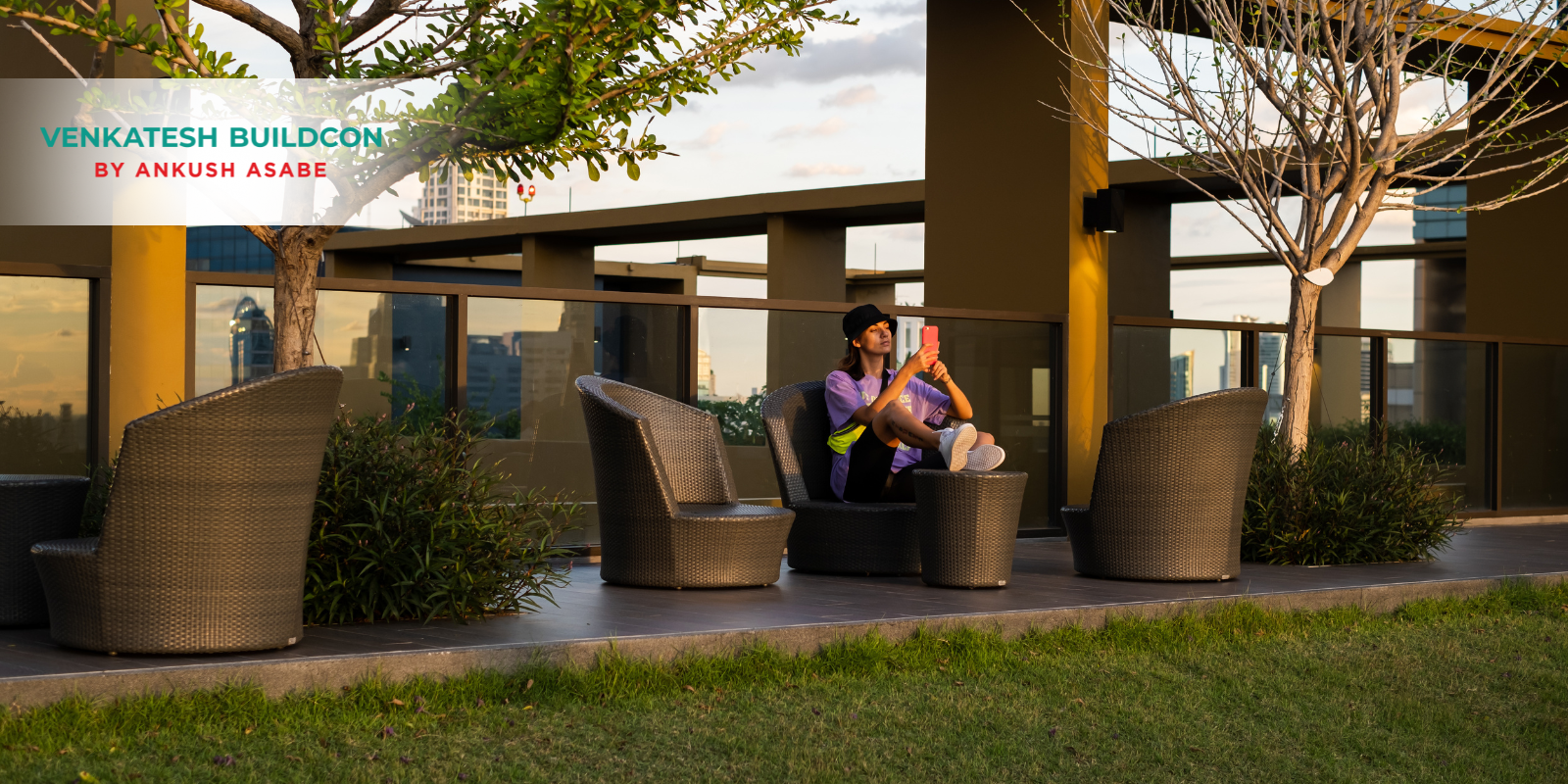The urban housing landscape in India is undergoing a remarkable transformation, and co-living along with hybrid residential spaces is emerging as the most dynamic trend reshaping how cities like Pune live and grow. For homebuyers in Pune and forward-looking developers, this shift marks the beginning of a more flexible, technology-driven, and community-centric era in housing.
The Rise of Flexible Living Among Young Professionals
As India’s workforce becomes increasingly mobile and digitally connected, young professionals are prioritizing convenience, community, and flexibility over traditional home ownership. Co-living has evolved into a lifestyle choice—one that balances affordability with comfort and social engagement.
Recent industry reports highlight that co-living demand in India’s urban centers, including Pune, Bengaluru, and Gurugram, has surged by nearly 14% since 2022. This rise stems from the growing population of millennials and Gen Z professionals seeking managed spaces with plug-and-play amenities.
Key factors driving this shift include:
- Flexibility and convenience: Co-living spaces eliminate long lease commitments and upfront deposits, offering ready-to-move units with furniture, Wi-Fi, and maintenance included.
- Community living: Shared lounges, gyms, and coworking areas foster social connections and work-life balance.
- Affordability: Shared costs across residents make these spaces more economical than standalone rentals in prime zones.
- Mobility and adaptability: Frequent job transfers and remote working trends fuel demand for short-term, managed accommodations.
This transformation is particularly visible in Pune real estate, where the city’s growing IT, education, and start-up ecosystem attracts a young, transient population seeking flexible housing models.
Developer Adaptations and Investment Potential
Developers across India are strategically adapting to cater to this evolving demand. Many real estate companies in Pune are incorporating co-living formats within large integrated projects or launching dedicated buildings for flexible rentals.
Key developer strategies include:
- Designing modular apartments that can easily convert between private and shared formats.
- Creating hybrid projects that combine co-living floors with conventional 3 BHK and 4 BHK apartments.
- Integrating coworking zones, smart entry systems, and concierge-managed services.
- Partnering with co-living operators or tech-based leasing platforms for efficient management.
From an investment perspective, co-living is emerging as a lucrative vertical. Analysts predict that India’s organized co-living inventory could triple by 2030, with institutional and private investors increasingly allocating capital to this segment. The rental yield from co-living assets often exceeds that of traditional residential units, due to higher occupancy levels and optimized space utilization.
For developers and investors in Pune real estate, embracing hybrid housing formats can diversify portfolios, enhance cash flow stability, and reduce market risks.
Digital Platforms: The Backbone of Modern Leasing
Digital technology is playing a pivotal role in accelerating this housing transformation. Property tech platforms now facilitate everything from virtual tours and lease agreements to rent collection and maintenance tracking.
For tenants, these platforms provide transparency and ease in discovering property in Pune to buy or rent. For developers, digital tools enable efficient property management, dynamic pricing, and real-time data insights. Apps for tenant engagement also enhance community interaction—allowing residents to book facilities, share services, or request support at a click.
In essence, technology is redefining how people connect with living spaces—bridging convenience with operational efficiency.
Venkatesh Buildcon: Pioneering Future-Ready Housing
Venkatesh Buildcon, one of the best real estate companies in Pune, recognizes the potential of this emerging housing trend. With Pune’s evolving urban fabric and growing connectivity, the company integrates modern living concepts such as co-living and hybrid spaces into its planning philosophy.
By selecting sites near key business hubs, educational institutions, and transport corridors, Venkatesh Buildcon ensures that its best projects in Pune are well-positioned for young professionals and investors alike. The firm’s projects combine premium residential projects with smart layouts, sustainable design, and last-mile connectivity—offering flexibility for both owners and tenants.
Through innovation and foresight, Venkatesh Buildcon continues to align with evolving market preferences while maintaining its reputation for quality and trust in Pune’s real estate landscape.
Conclusion
Co-living and hybrid spaces represent more than just a passing trend—they reflect a structural evolution in urban housing demand. As cities grow denser and lifestyles evolve, flexible housing models will shape the future of urban development.
For real estate developers in Pune, the key lies in balancing community-oriented design with digital efficiency. And for buyers seeking the best property in Pune or homes in Pune for sale, these modern spaces promise convenience, connectivity, and value for the long term.
Venkatesh Buildcon stands at the forefront of this movement—embracing innovation, reimagining urban living, and helping redefine what it means to call Pune home.
 Residential
Residential
 Ongoing
Ongoing
 Completed
Completed Upcoming
Upcoming Commercial
Commercial





